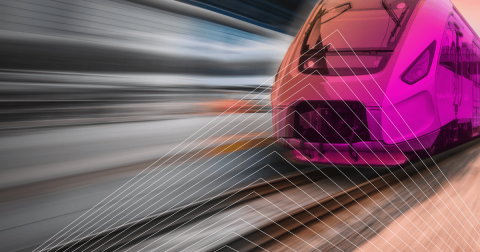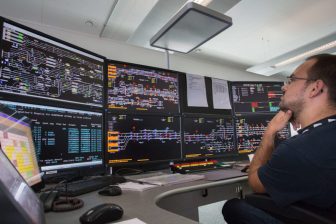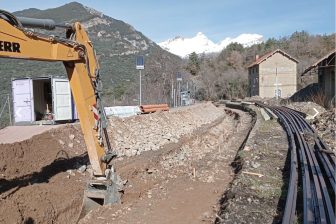
Rail Vision secures first deal for AI-based obstacle detection systems
Thursday's contract marks the first major commercial deployment of the technology for Rail Vision. Rail Vision
Technology company Rail Vision on Thursday announced a deal with Israel Railways for the supply of 10 Rail Vision Main Line Systems, an artificial intelligence-based technology for the detection and identification of objects and obstacles in the railway environment. The contract includes related services and carries a value of 1.4 million dollar.
Want to read more?
You have read all of your free premium articles for this month. Please become a subscriber to keep reading.
Subscribe now!
Take advantage of our exclusive offer to get full access to all premium content.




